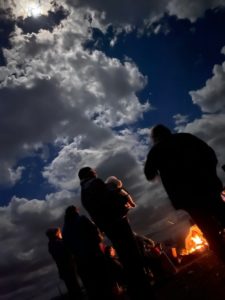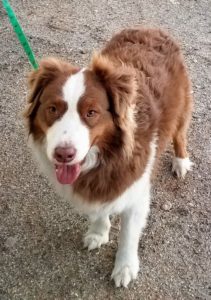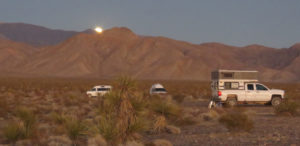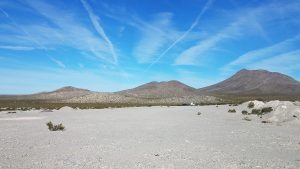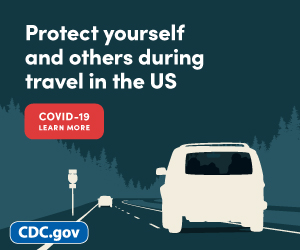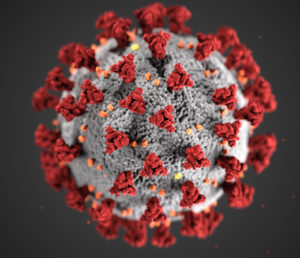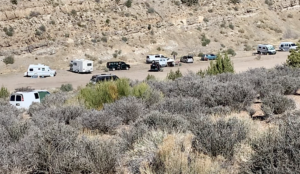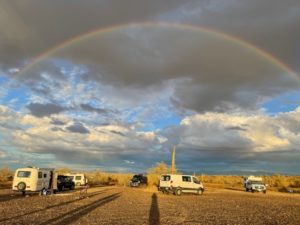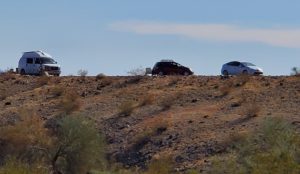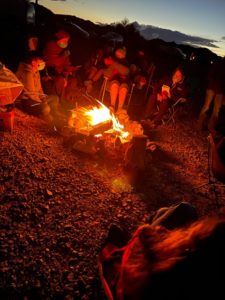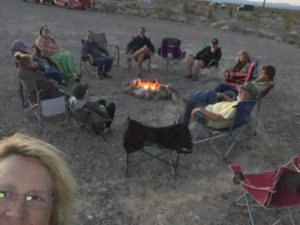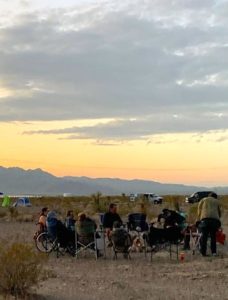~ Let’s go camping, have fun and make more friends! ~
CARAVAN CAMPS ~ located by Homes On Wheels Alliance (HOWA)
On an impromptu basis, HOWA will suggest a current location to casually camp with others for fun and community building. The camp location will typically be on lands managed by the BLM where each camper may stay for up to 14 days. The location is chosen at the last minute to assure its availability. The camp is also selected for its proximity to HOWA’s organized events, nearby towns for supplies, services, cell connectivity, and accessibility by all types and sizes of rigs.While larger society is often divided and divisive, at these impromptu camps we trust that people will focus on all that brings us together.We camp simply, are self-sufficient, care for nature, and take heed when the road calls. Homes On Wheels Alliance (HOWA) While at the Caravan Camps, we hope you find some life-long friends, your personal tribe to “see down the road.”
Quick Link to FAQs about the Camps |
Updated 4/28/24 ~ Please refresh you screen to get the most current information ~
UPDATE on 2023-2024 CARAVANS
The In Person Caravan season running from October 2023 to April 2024 ended on a high note in Pahrump, Nevada. Additionally, there was a desert clean-up during the April 2024 caravan with 30 volunteers scouring the desert for trash to fill the 30-yard dumpster provided by the Pahrump BLM Field Office.
HOWA is working at building a strong relationship with BLM offices, particularly for the regions that the caravans are held.
Havasu Landing, California caravan in March 2024 – the 25 participants followed the BLM guidelines layed out in a Letter of Agreement signed by BLM and HOWA representatives. The guidelines covered things like managing personal trash, human waste, campfire care, general land stewardship and the number of vehicles allowed at the camp. HOWA provided a post-use report to the Needles BLM office documenting the care taken. Over time, this open communication will build a trusting relationship between HOWA caravans and the BLM.
Pahrump, Nevada caravan in April 2024 – The same guidelines that were followed in Havasu Landing, were applied to the Pahrump caravan. A great group of people took part in the caravan building new friendships and deepening previous friendships. While HOWA did not have a Letter of Agreement with the Pahrump BLM office, Daniel Pollard, the Outdoors Recreation Representative, stopped by during the desert clean-up to chat with us. At the end of the caravan, a post-use report was sent to him even though it was not required to carry on the good relationship we have with them already.
LOOKING FORWARD to 2024-2025 CARAVANS
The caravans typically stop during May, June, July, August and September as nomads explore other regions of the country. In October 2024, the plan is to meet up once more in Pahrump to kick the season off. Plan on another desert clean-up as well! Then, as the weather begins to cool, the caravans will slowly move further south each month. The Women’s Rubber Tramp Rendezvous and the All Gender Rubber Tramp Rendezvous will take place in Quartzsite, Arizona in January 2025. The caravans will linger in that region until the weather begins to warm up and we slowly head north each month returning to Pahrump, Nevada once more in April 2025.
See you all down the road!
~~~~~~~~~~~~~~~~~~~~~~~~~~~~
HOW to find if a 14-day location has been posted for casual camping with friends:
~~~ FIRST ~ Review Liability Release (below), then
~~~ SECOND ~ Click that you agree to the Liability Release
~~~The detailed info for any current camps will “drop down” just below where you clicked to agree to the Liability Release.
~~ LIABILITY RELEASE ~ ~ click HERE to review ~~
Liability Release
Going camping is inherently dangerous and risk is a necessary part of it. When you join a camp, you open yourself up to so many potential risks, we could not begin to list them all. It is totally impossible for us to go around with you and brush aside all potential danger to you, so we are not offering you any guarantee of safety. Just the opposite, we guarantee that there will be many normal and even some abnormal risks around you. By going a camp, you are agreeing that camping is risky and you join the caravans knowing that you alone are taking on that risk and that Homes On Wheels Alliance, Inc. can not be held liable for any harm that befalls you while at a Caravan Camp.
Now for the legal wording that requires your agreement:
Activity Release Agreement & Waiver
By joining a Caravan Group, you (the Participant), and Homes On Wheels Alliance, Inc. (HOWA) do contract and agree as follows:
You, the Participant, hereby release and discharge HOWA, and any representative of HOWA of all claims, causes of actions, liabilities, disputes, demands, damages, agreements, contracts, obligations, promises, debts, and/or accounts of any kind or any nature, whether currently known or unknown, for any damage, loss, injury or death relating to actives at the Caravan Camp, or participation in activities at the Caravan Camp, which you, the Participant, have or may have in the future against HOWA, or any representative of HOWA, specifically applicable to any claims of negligence against HOWA or any representative of HOWA, as well as all other claims as described herein.
By joining the Caravan Camp, the Participant agrees to this entire Release and Waiver Agreement.
The Participant understands, acknowledges and agrees that this Release is a final settlement for any and all claims or actions relating to or arising out of Caravan Camp and that Participant has had the opportunity to carefully review the terms of this Release and Waiver Agreement and/or have it examined by an attorney if so desired. Participant further understands that Participant will not be allowed to litigate any claims against HOWA as a consequence of agreeing to this Waiver and Release Agreement, despite any injury that may be sustained during participation in Caravan Camps. The Participant and HOWA are entering into this Release & Waiver Agreement voluntarily.
This Release & Waiver Agreement constitutes the entire agreement between the Parties and supersedes any prior or contemporaneous understandings, whether written or oral.
~ End Liability Release ~
Now go to the Caravan Group Section to agree to this Liability Release.
Click HERE (once) to attest that you AGREE to the Liability Release (then look directly underneath for current Caravan info).
Updated 4/3/24 ~ Please refresh your screen to see the most current information ~
~~~~~~~~~~~~~~~~~~~~~~~~~~ ~~~~~~~~~~~~~~~~~~~~~~~~~~~~~~~~~~
The next In Person Caravan will begin at noon on Wednesday, April 10, 2024 and end at noon on Wednesday, April 24, 2024. The general location is Pahrump, NV.
Directions:
- The location will be east of the town of Pahrump on BLM land. Specific directions and coordinates will be posted on April 7th or 8th.
What to do when you arrive:
- You will see my white, Chevy Express high top van at center camp. Stop by to say hello!
- Once you arrive, you will find a parking place where you feel comfortable to set up your camp.
- Please keep your dogs on leash while at the Caravan. Pick up after your dog and practice good pet ownership ettiquete.
- Campfires generally begin about 30 t0 45 minutes before dusk. HOWA will provide the first few bundles of firewood. After that, the Caravan participants create a firewood fund to replenish the supply.
- Many participants gather around the fire ring in the morning for coffee as well.
Information about this camp site:
- This location is very conveniently located near the town of Pahrump. Pahrump has two major grocery stores and a Walmart. There is a Home Depot and a Tractor Supply. Water kiosks and propane are readily available. RV dumping can take place at some of the local RV parks. Please do your own research.
- The cell service has been good in this area for Verizon and AT&T.
- Trash disposal is available at the local landfill. Please do not use the local business trash bins.
WHERE SHOULD YOU GO BETWEEN HOWA – SUGGESTED CAMP LOCATIONS?
The breaks between HOWA Caravan Camps give you a chance to build your nomad skills of exploring and building a network of nomad friends. Please check out the FAQs for suggested locations for you to boondock on your own or with friends you meet at the HOWA Caravans. We call these groups that bond and camp together “spin-offs”. Please check out the FAQs to learn more about spin-offs. In HOWA’s eyes, these are considered a huge success as new nomads branch out.
What is a HOWA Caravan?
These camps are for people who want to join friends from the mobile community. HOWA announces a specific location for participants to come together for unorganized, casual camping. Camps range from 5 to 75 people, depending on the number who show up and how many vehicles the camping location will accommodate. Campers are free to stay to themselves or join-in, as they desire.Camp locations accommodate many types of rigs – cars, vans, RVs and moreCampers stay at a dispersed camping location no more than 14 days. Many nomad friendships evolve while camping together. After their 14 days is over, folks are encouraged to ‘spin off’ into their own personal groups. They move to a new location of their own choice. Campers take this opportunity to develop more skills at finding dispersed camping locations and developing a larger network of nomad friends.Dispersed camping on public lands is free — casual camping with no amenities. No registration needed. Click here to go to where you can agree to the Liability Release and, if available, find where others are camping. |
How do I sign up to join a Caravan?
|
|
What is the Caravan Announcement Schedule?
|
How do I a find a Caravan's Location?
To make it as easy as possible for participants to find a Caravan location:
*Recommendation: Once off pavement, do not follow Google Maps’ directions (or any other mapping program’s directions) to the GPS coordinates of center camp. The mapping programs will take you the shortest distance. On dirt and gravel roads, the shortest distance is not always the safest route. Look at satellite views for a better idea of the safest route. Read the written directions provided for a safer route. Many have got stuck in sand, or unable to turn around, when blindly following the mapping program’s directions to GPS coordinates in the back country. Click here for Bob Wells’ CheapRVLiving video to learn about GPS Coordinates. Keep yourself safe!
Dispersed camping on public lands is free — casual camping with no amenities. No registration needed. Click here to go to where you can agree to the Liability Release and, if available, find where others are camping. |
What do I do when I arrive at a Caravan Camp?
When you arrive:
|
Recommendations for selecting your personal camp.
Recommendations to select your personal camp within the larger camping group:
*S0me people like to be close in, and others far away from center camp (a half mile or more). There’s not a single right way to select your personal camp location. In fact, you can move your personal camp every day if you want to! |
What does HOWA provide BEFORE each Caravan Camp begins?
|
|
How much do I prepare? What will HOWA provide AFTER the Caravan begins?
|
Recommendations for safety and comfort.
|
What do I do in case of emergency?
Sexual Harassment: What should I do?
|
Recommendations to create community.
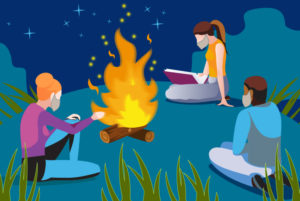 Nomads camp together to find a community in which they feel a sense of belonging. Many of us are introverts and, so, it may take some initial effort for us to connect with others. Nomads camp together to find a community in which they feel a sense of belonging. Many of us are introverts and, so, it may take some initial effort for us to connect with others.
When you join a new camp, it’s sometimes intimidating to be around so many new people. This is a time to take baby steps to expand our comfort zone. One suggestion: First, simply give a friendly nod to people on a daily walk or a visit to the campfire, then wave to them the next day on a walk. The following day, say something like “nice rig” as a conversation starter. By then, I suspect, at least one connection will happen. Take it slow, and you will find your community. As nomads, we have so many unique attributes that make us like-minded, such as our —
Focus on these attributes and everything else that makes us like-minded nomads; and also recognize and honor the differences as we get to know one another. To avoid conflict at the camp, please do not bring up or wear items that highlight controversial topics or imply devaluing of others related to:
Homes On Wheels Alliance is committed to cultivating and preserving a culture of inclusion and connectedness. The collective sum of our individual differences, life experiences, knowledge, innovation, self-expression, and talent represents not only part of our culture, but our reputation as well. When we camp together, we welcome the unique contributions that participants can bring in terms of their education, opinions, culture, ethnicity, race, sex, gender identity and expression, nation of origin, age, languages spoken, veteran’s status, color, religion, disability, sexual orientation and belief. |
Recommendation to create spin-off camping groups.
Spin-Off Groups are Good:What usually happens, is that people make friends, gain confidence and then go off to travel together in smaller spin-off groups. On the other hand, many will decide to stay with the larger group until the end of the season. Going back and forth is good too.HOWA considers these spin-off groups successes!Some examples of reasons to create a spin off group:
|
Can I bring my pet?
Where have been some of the past camp locations?
|
Recommendations for being safe from contagious diseases.
|
Recommendations for camping among those who have different ideas about COVID.
| IMPORTANT: In HOWA Caravans, everyone is welcome regardless of their personal beliefs, convictions and decisions about their own COVID-related practices. Respect.
RECOMMENDATIONS*:
Simplistically: My vaccine protects me. My mask protects you. Social distancing protects both of us. *Much appreciation to the women of HOWA’s Virtual Caravan (9/12/21) for providing their wisdom, which then formed the basis for the above recommendations. |

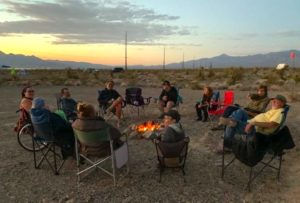
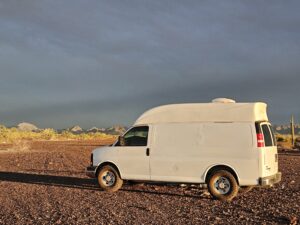
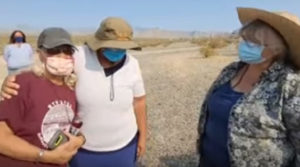
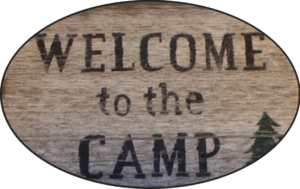
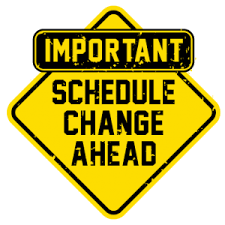
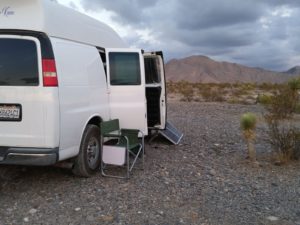
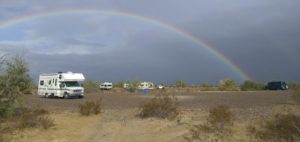
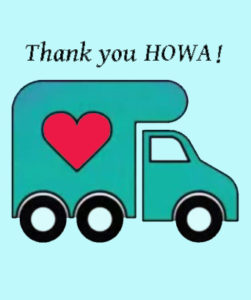
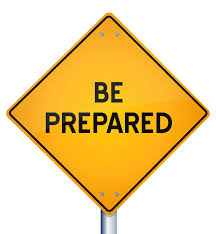 Nothing will be provided at the camp location.
Nothing will be provided at the camp location.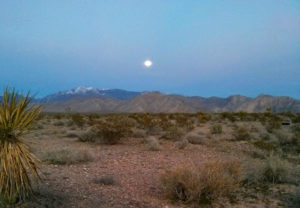 Recommendations for participants’ comfort and safety in a winter desert environment where dryness, wind, heat, cold, prickly things, rocks, and coyotes are the norm:
Recommendations for participants’ comfort and safety in a winter desert environment where dryness, wind, heat, cold, prickly things, rocks, and coyotes are the norm: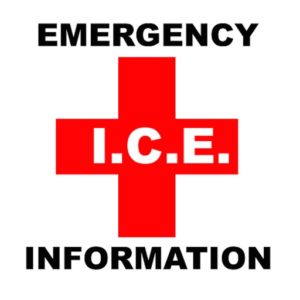
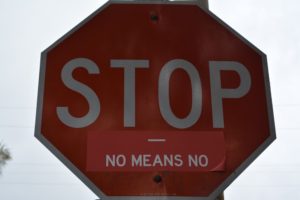 Sexual Harassment:
Sexual Harassment: